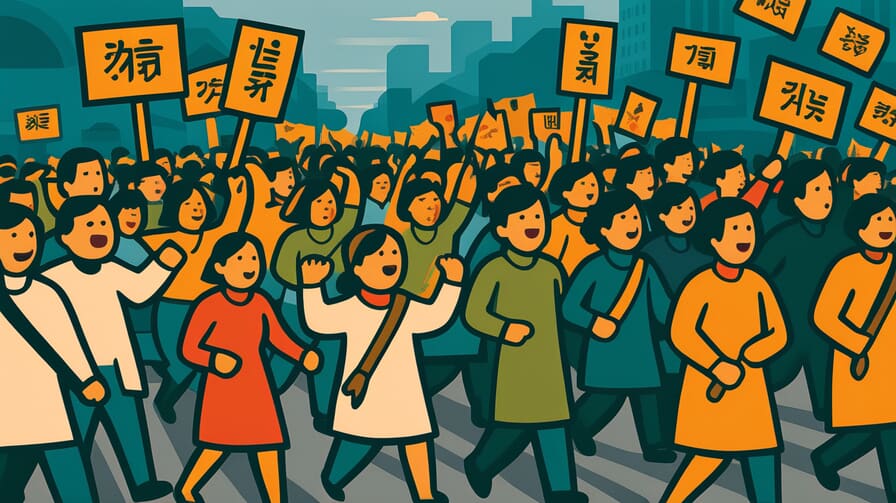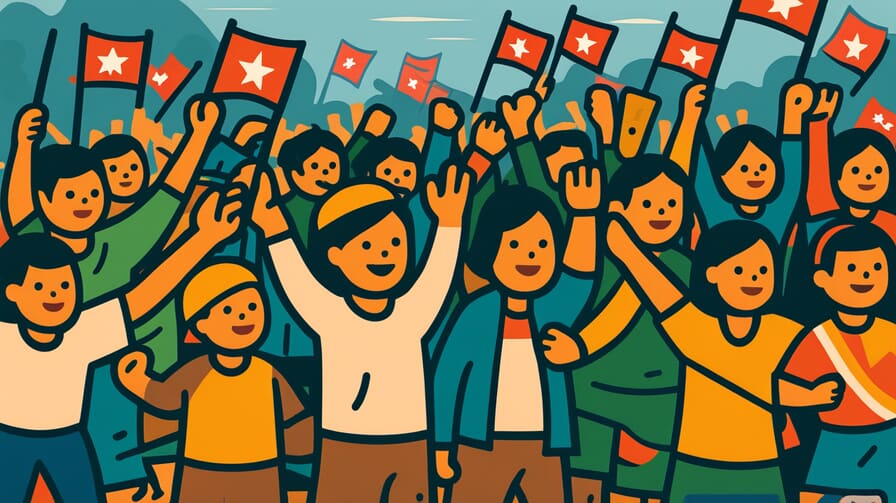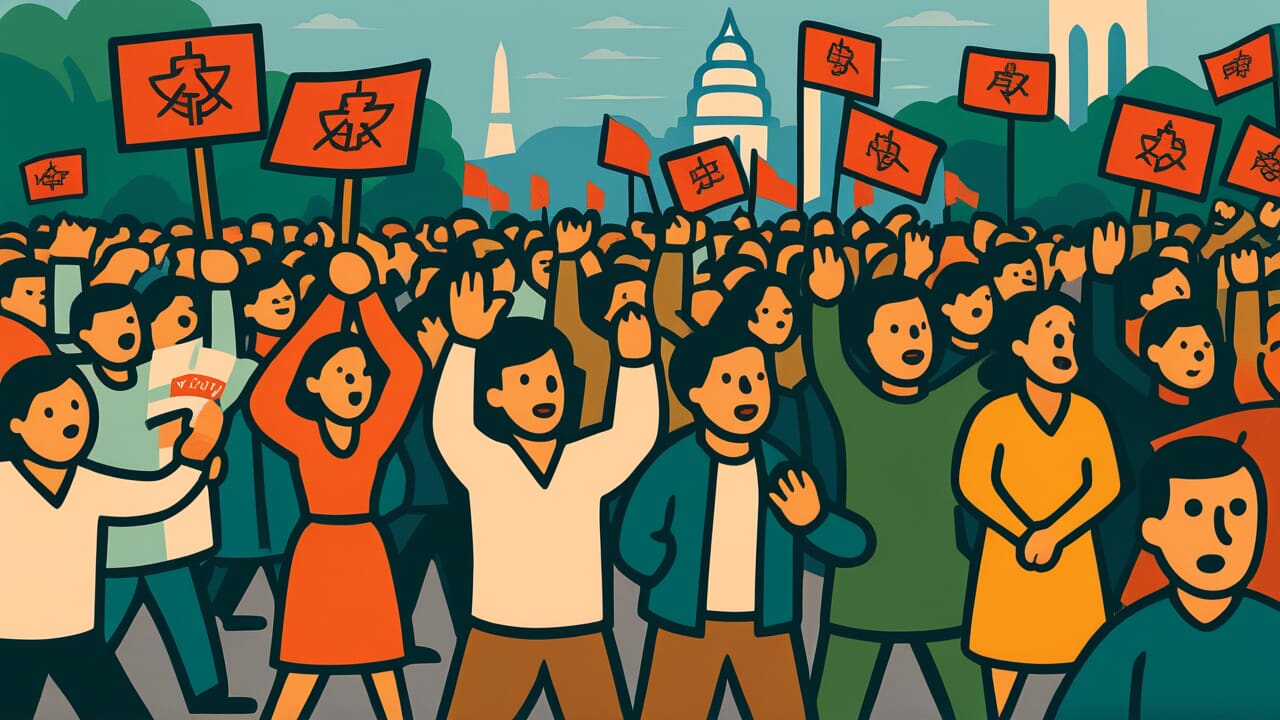[Disclaimer] This article is reconstructed based on information from external sources. Please verify the original source before referring to this content.
News Summary
The following content was published online. A translated summary is presented below. See the source for details.
As of September 2025, global “8888” protests continue to mark the anniversary of Myanmar’s 1988 uprising, with demonstrations held worldwide against the military junta’s ongoing rule. The junta, while weakened, still controls about 21% of Myanmar’s territory, facing a protracted civil war against ethnic armed organizations and rebel forces. Simultaneously, Southeast Asian countries are actively combating ‘waste colonialism’ through import bans on plastic waste from high-income nations. Thailand, Indonesia, Malaysia, and Vietnam have implemented or announced such bans to address environmental pollution and public health risks. Despite these efforts, the region continues to grapple with illegal shipments and the complexities of global waste trade. The resistance movement in Myanmar remains decentralized, led by the National Unity Government, People’s Defense Forces, and various ethnic armed organizations. International sanctions against the junta persist, with the EU, UK, and Canada maintaining strict measures, while the US has controversially rolled back some sanctions.
Source: globalvoices
Our Commentary
Background and Context

The ongoing situation in Myanmar and the issue of waste colonialism in Southeast Asia represent intertwined challenges of political oppression and environmental justice. The “8888” protests, named after the August 8, 1988 uprising, have become a symbol of resistance against military rule in Myanmar. Meanwhile, the concept of waste colonialism refers to the practice of wealthy nations exporting their waste to less developed countries, often in Southeast Asia, perpetuating a form of environmental exploitation.
Expert Analysis
The persistence of Myanmar’s junta, despite controlling only a fraction of the country, highlights the complexity of the conflict. The decentralized nature of the resistance, involving multiple ethnic armed groups and the National Unity Government, presents both strengths and challenges in coordinating efforts against the military rule. On the environmental front, Southeast Asian countries’ proactive stance against waste imports marks a significant shift in addressing waste colonialism, though challenges remain in enforcement and addressing the root causes of excessive waste production in developed nations.
Key points:
- Myanmar’s resistance movement remains active but faces a protracted struggle against the entrenched military junta.
- Southeast Asian countries are taking concrete steps to combat waste colonialism, signaling a shift in global waste management dynamics.
- International responses to Myanmar’s situation vary, with some countries maintaining strict sanctions while others, notably the US, have eased certain restrictions.
Additional Data and Fact Reinforcement
Recent developments underscore the ongoing challenges and efforts in both Myanmar and Southeast Asia:
- The military junta in Myanmar controls only 21% of the country’s territory as of 2025.
- Global “8888” protests continue to be held annually, with demonstrations in countries including France, South Korea, Australia, and the United States.
- Several Southeast Asian countries, including Thailand, Indonesia, Malaysia, and Vietnam, have implemented or announced bans on plastic waste imports by 2025.
Related News
The situation in Myanmar and the waste management challenges in Southeast Asia connect to broader global issues of democratic struggles and environmental sustainability. The International Labour Organization’s invocation of Article 33 against Myanmar’s regime in 2025 highlights the international community’s ongoing efforts to pressure the junta through economic and diplomatic means.
Summary

As Myanmar continues its struggle for democracy and Southeast Asian nations combat environmental exploitation, these issues highlight the interconnected nature of global political and environmental challenges. The persistence of both the resistance in Myanmar and efforts against waste colonialism in Southeast Asia demonstrate the long-term nature of these struggles, requiring sustained international attention and support.


